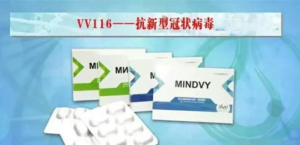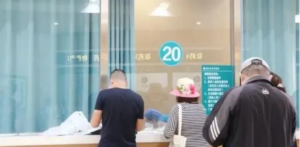
What are the changes in back-to-school prevention and control measures for the new semester? Many schools in Chongqing issued a guide to the start of the school year
On February 6, Chongqing primary and secondary schools will welcome the new semester. What do you need to prepare before the start of the school year? Back to school need to do antigen? In the past two days, Chongqing’s primary and secondary schools have been releasing school opening guidelines, which make warm reminders.
Many schools have mentioned health monitoring for the week before school starts. In Chongqing Fudan Middle School, it is clear that 7 days before the start of school, students need to carry out daily health self-tests such as measuring body temperature and observation of clinical symptoms related to new coronavirus infection, and if symptoms such as fever, dry cough, weakness, sore throat, etc. are present, they should be tested for antigen or nucleic acid test, and if the test results confirm infection with new coronavirus, they must report to the school truthfully.
East China Normal University’s Zhongxu School reminds students, faculty and staff to conduct daily health self-assessments at home and to test for antigens or nucleic acids if they develop symptoms such as fever, dry cough, fatigue or sore throat.
Some schools require students, faculty and staff who still have fever, dry cough and other symptoms to hold off returning to school. Basho Elementary School has issued a Back-to-School Precautionary Alert in the school opening guide, confirming that students, faculty and staff who have not yet recovered from the new coronavirus are to hold off returning to school. Students and staff who still have symptoms such as fever, dry cough, weakness, sore throat, loss of smell (taste), runny nose, muscle aches, diarrhea, etc. are to be suspended from returning to school.
Chongqing Jinshan Primary School also issued the same reminder, at the same time, teachers, students and staff must take their body temperature and ask about their symptoms when they return to school. Only when they are in good health can they return to school and wear a good mask.
In addition, for symptoms such as fever, dry cough, sore throat, runny nose, diarrhea, fatigue, loss of smell (taste), muscle aches and pains on the way back to school, you should take the initiative to conduct health monitoring, test for antigens and report the relevant situation to the school in a timely manner.
The schools also remind students to do a good job of travel protection: do a good job of personal protection on the way back to school, wear a mask correctly throughout the journey; carry a sufficient amount of personal protective equipment such as masks and quick-drying hand disinfectant. When returning to school, you should walk or take a private car to return to school, and try to make the trip from home to school.
In order to ensure the safety of students on campus, each school will organize students’ return to school in an orderly manner by grade, batch, and time reporting according to the requirements of the epidemic prevention and control.


Average Rating